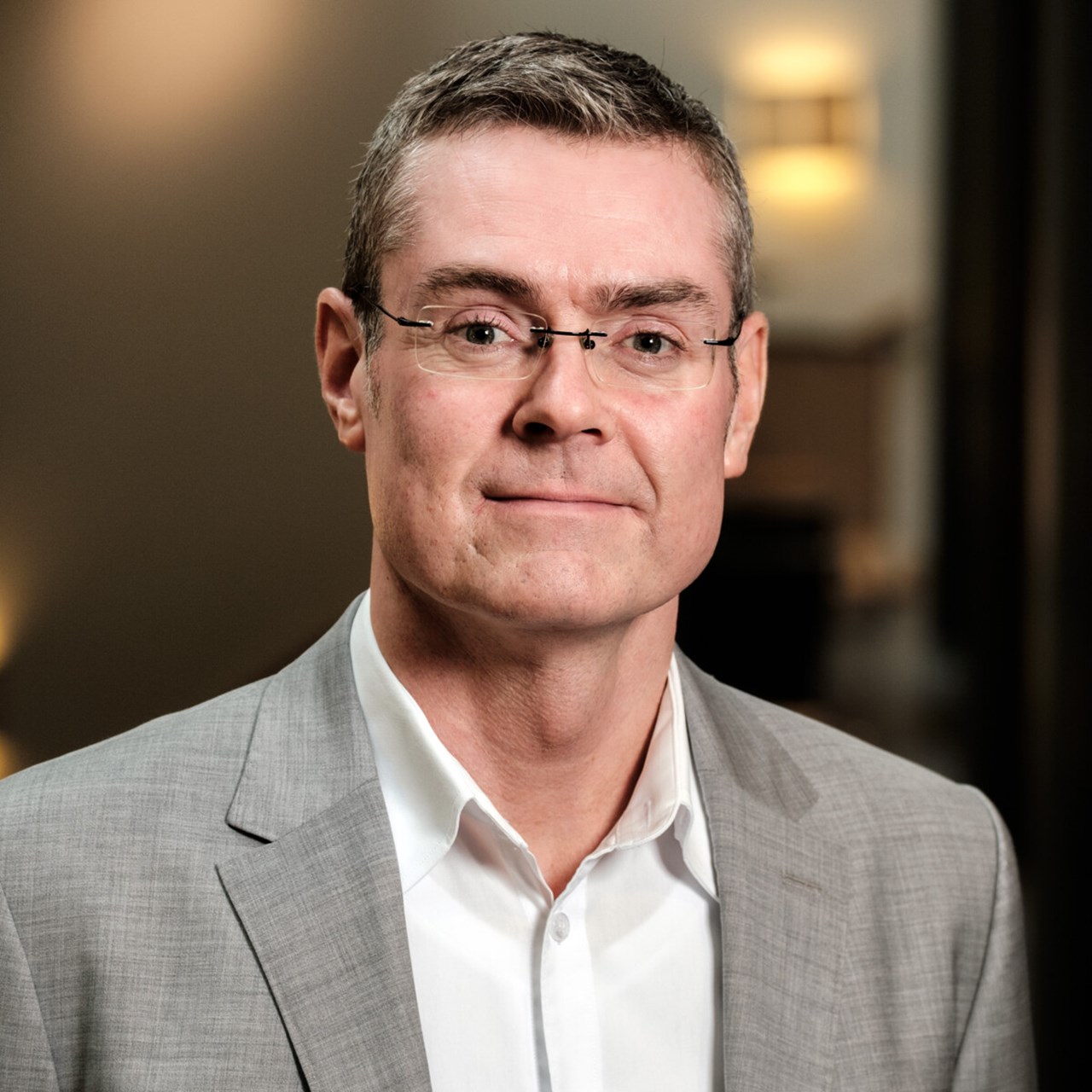
Finding sustainable solutions takes a whole team of people
PROFILE Business administration researcher Johan Jansson studies the norms and attitudes that drive more environmentally sustainable consumption.


PROFILE Business administration researcher Johan Jansson studies the norms and attitudes that drive more environmentally sustainable consumption.
